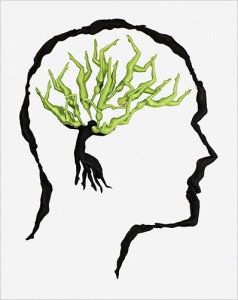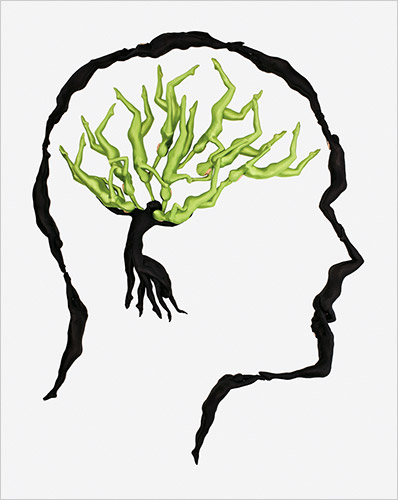“Let’s start with the fact that climate change is anthropogenic. More or less, people have agreed on that. That means it’s caused by human behavior. That’s not to say that engineering solutions aren’t important. But if it’s caused by human behavior, then the solution probably also lies in changing human behavior.” Elke Weber

An informative NYTimes article discusses the impact of social science and psychology on climate change.
Sheepherders have little incentive to act alone to preserve the grassy commons and as a result suffer collectively from overgrazing.
This is the same situation the world and American public are in. We are all noble sheepherders, seeking to maintain and grow our prosperity. Sometimes in pursuing our individual needs and desires, we hurt the group, which then hurts us all.
“I had worked on some national studies about American perceptions of climate change, and one of the clear findings was — and still is — that most Americans think about climate change as a distant problem. Distant in time, and distant in space.” -Anthony Leiserowitz
Decision making is a debate between two internal human voices: our analytical side and out emotional side. Surprisingly, our analytical side may be hurting the fight against climate change.
The doubt-sowing remarks of climate-change skeptics, the poor communications skills of good scientists, the political system’s inability to address long-term challenges without a thunderous precipitating event, the tendency of science journalism to focus more on what is unknown (will oceans rise by two feet or by five?)
These things are major hurdles to the American public and the world addressing climate change and energy issues. If we wait to address these problems until there is a “Pearl Harbor moment” (or what I might call a “9-11 moment”), then we may be too late to change the outcome.
One system works analytically, often involving a careful consideration of costs and benefits. The other experiences risk as a feeling: a primitive and urgent reaction to danger, usually based on a personal experience, that can prove invaluable when (for example) we wake at night to the smell of smoke.
The problem with the analytical side of human decision making is that we’re not always good at the “careful consideration of costs and benefits” – especially if the decision has long term implications. Those that have a firm grasp on climate change and our impending energy problems need to next grasp “the complexity of instilling feelings of climate-related urgency” in their fellow world citizens before we suffer through another Pearl Harbor moment.

